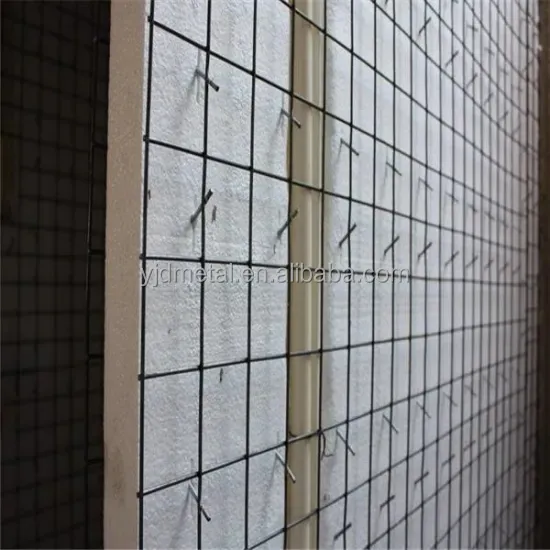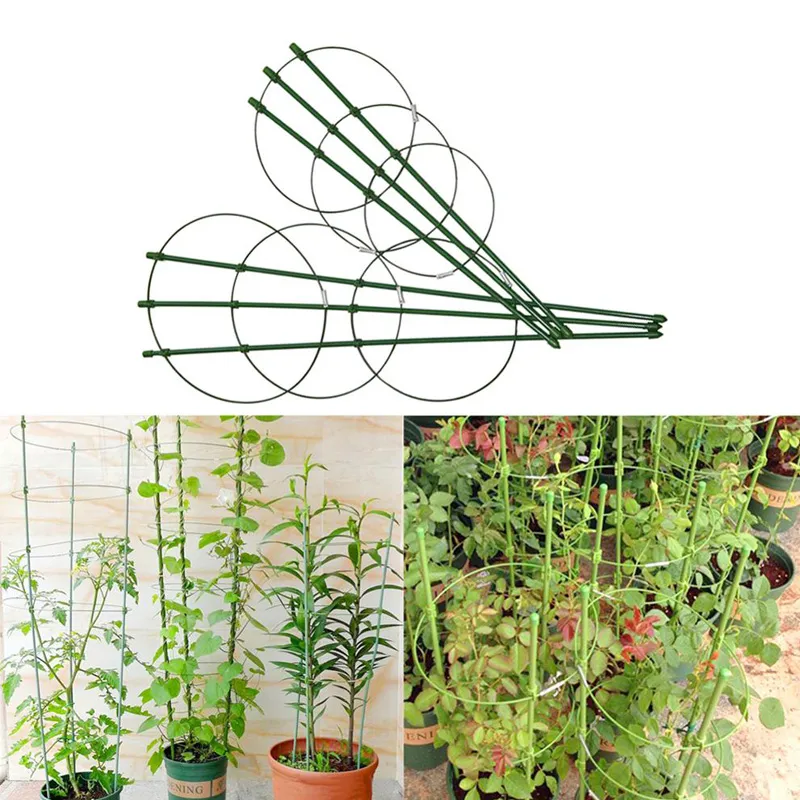

The variability in common nail diameters finds particular significance in different sectors, such as framing, roofing, and carpentry, each requiring specific nail sizes. For framing, construction specialists often recommend nails with diameters ranging from 0.131 inches to 0.148 inches. These nails offer enough tensile strength to withstand the forces acting on a structure. Conversely, for finishing work, thinner nails, generally around 0.072 to 0.099 inches, provide a less conspicuous appearance with sufficient holding power. DIY enthusiasts, in their experiences, suggest maintaining a diverse collection of nails to handle various jobs effectively. This preparation ensures that, regardless of project requirements, the appropriate nail diameter is accessible. Furthermore, keeping detailed records of successful projects, including nail sizes and types, can serve as a valuable reference for future tasks, optimizing both time and materials. Trustworthy insights also extend to environmental considerations. Experts advocate for choosing nails with diameters that match not only the project requirements but also sustainability goals. Some manufacturers offer eco-friendly options, such as nails produced with lower emissions and recyclable materials. Additionally, advanced technologies have enhanced the quality and reliability of common nails. Modern nails often feature coatings to resist corrosion, which is crucial in extending the life of structures subjected to moisture. Selecting nails with these improvements can significantly increase the longevity and safety of construction projects. In conclusion, understanding the nuances of common nail diameters can make a substantial difference in the quality of construction and DIY projects. By relying on expert guidance, adhering to industry standards, and considering personal experiences, individuals can make informed decisions that contribute to successful builds. This nuanced knowledge of nail diameters not only optimizes the structural integrity of projects but also reinforces a commitment to quality and trust, setting the foundation for building excellence.

















